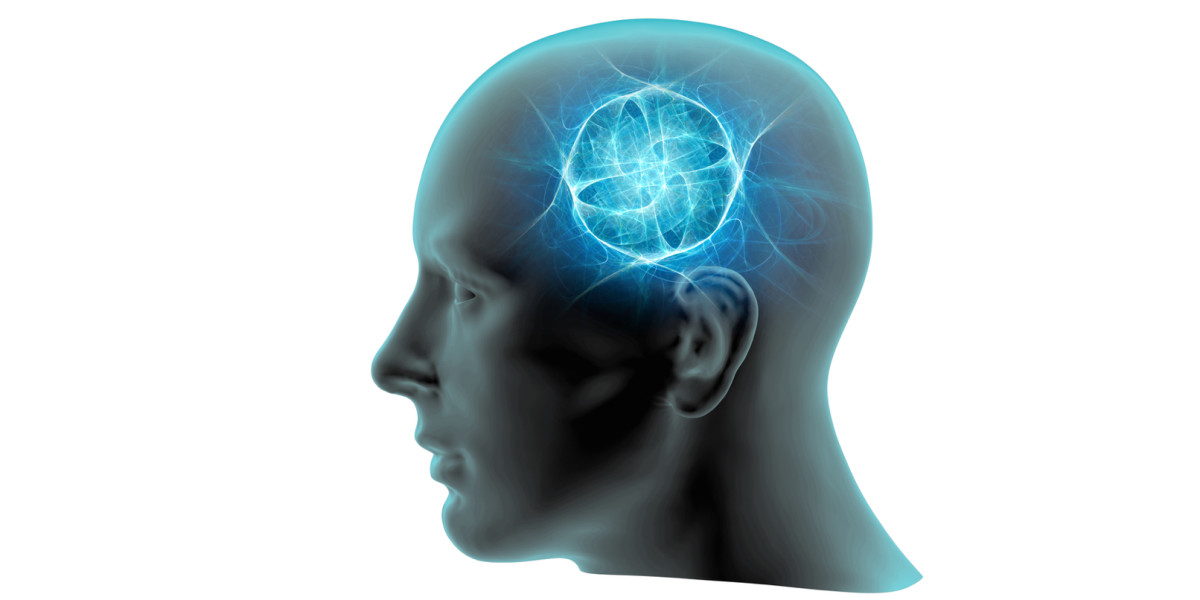The state of mental healthcare in the US is in crisis. Suicide is the second leading cause of death in the US, and at a 30-year high. Anxiety and depression are literally killing us. Something has to give.
copyright by thenextweb.com
 Part of the problem is the stigma attached to seeking help for emotional problems, part of it is providing options to those incapable of reaching out, or unwilling to. To address these issues, we must take them seriously. We need a way to offer treatment to everyone, no matter where they live. And we need a way of bringing inexpensive on-demand therapy to people, not making them seek help. Technology is part of how we’ll accomplish this end.
Part of the problem is the stigma attached to seeking help for emotional problems, part of it is providing options to those incapable of reaching out, or unwilling to. To address these issues, we must take them seriously. We need a way to offer treatment to everyone, no matter where they live. And we need a way of bringing inexpensive on-demand therapy to people, not making them seek help. Technology is part of how we’ll accomplish this end.
Start-up for mental health
There are a few startups that employ medical doctors and machine-learning programmers side-by-side. These companies are part of a push towards integrating the tech we use everyday with mental healthcare. Mindstrong , an AI startup, wants to turn your smartphone into an emotional diagnostics device. Former Director of the National Institute of Mental Health, Dr. Thomas Insel, president and founder of the company, believes people need a personal way to measure the state of their mental health. We can already get biometric data from our phones, like pulse and activity level, Mindstrong intends to glean information about our emotional state from them too.
Dr. Smartphone
The idea is clever; we use our devices differently when we’re mad than when we’re chilling out. Mindstrong wants to track your physical interactions with your phone, and what you’re doing on it, and use that info to form a picture of your mental state.
Dr. Insel believes his product will be able to predict emotional health concerns before they manifest. He’s hopeful we’re on the verge of an ‘accessibility’ breakthrough in mental health care: “What excites me about Mindstrong is the transformation of an individual’s patterns of typing or scrolling on a smartphone into precise measures of cognitive function.This new, powerful approach to assessment serves as the foundation for developing better interventions to improve mental health care. Mental disorders are global health problems. With smartphones we have a potential global solution.”
Think about your physical health routine: most of us don’t have personal trainers, or nutrionists in our lives, like movie stars do. We use a cheap gym, or workout for free. We watch our own diets, or lookup healthy recipes online — we even self-medicate for headaches and sore knees with aspirin. For major health problems you see a doctor, otherwise we maintain our physical well-being our own. […]
read more – copyright by thenextweb.com


The state of mental healthcare in the US is in crisis. Suicide is the second leading cause of death in the US, and at a 30-year high. Anxiety and depression are literally killing us. Something has to give.
copyright by thenextweb.com
Start-up for mental health
There are a few startups that employ medical doctors and machine-learning programmers side-by-side. These companies are part of a push towards integrating the tech we use everyday with mental healthcare. Mindstrong , an AI startup, wants to turn your smartphone into an emotional diagnostics device. Former Director of the National Institute of Mental Health, Dr. Thomas Insel, president and founder of the company, believes people need a personal way to measure the state of their mental health. We can already get biometric data from our phones, like pulse and activity level, Mindstrong intends to glean information about our emotional state from them too.
Dr. Smartphone
The idea is clever; we use our devices differently when we’re mad than when we’re chilling out. Mindstrong wants to track your physical interactions with your phone, and what you’re doing on it, and use that info to form a picture of your mental state.
Dr. Insel believes his product will be able to predict emotional health concerns before they manifest. He’s hopeful we’re on the verge of an ‘accessibility’ breakthrough in mental health care: “What excites me about Mindstrong is the transformation of an individual’s patterns of typing or scrolling on a smartphone into precise measures of cognitive function.This new, powerful approach to assessment serves as the foundation for developing better interventions to improve mental health care. Mental disorders are global health problems. With smartphones we have a potential global solution.”
Think about your physical health routine: most of us don’t have personal trainers, or nutrionists in our lives, like movie stars do. We use a cheap gym, or workout for free. We watch our own diets, or lookup healthy recipes online — we even self-medicate for headaches and sore knees with aspirin. For major health problems you see a doctor, otherwise we maintain our physical well-being our own. […]
read more – copyright by thenextweb.com
Share this: